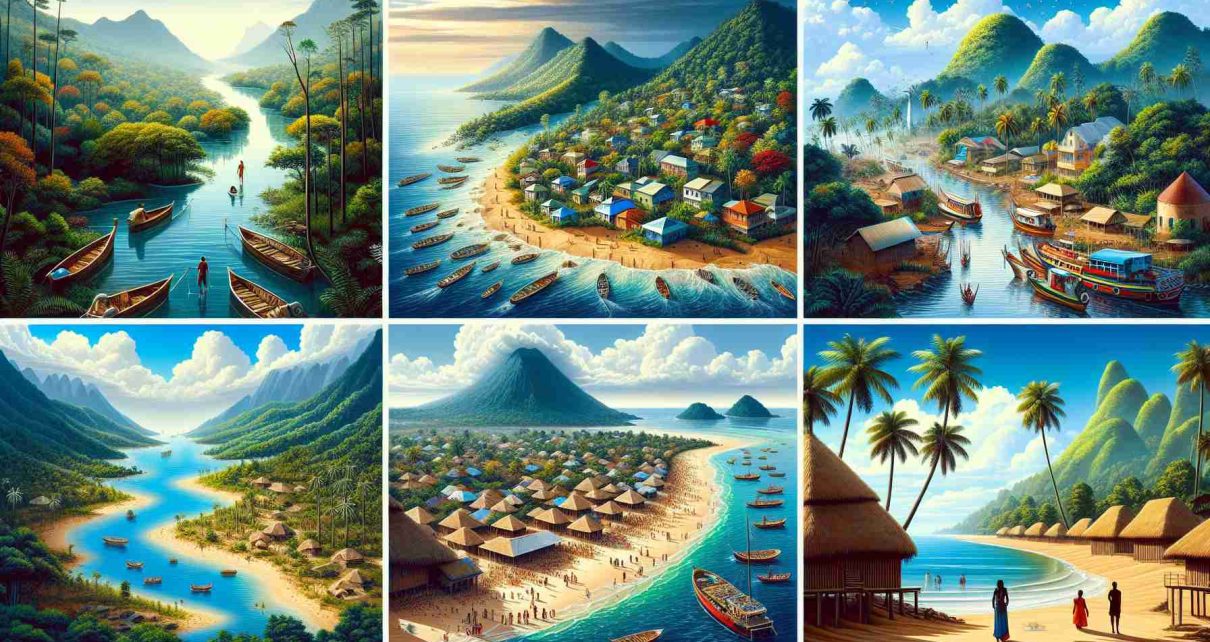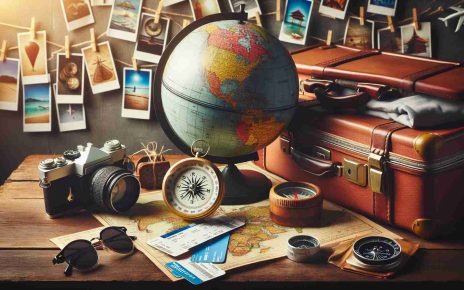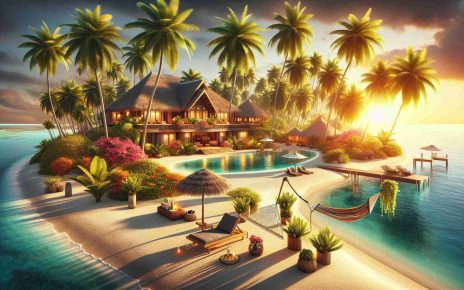Abidjan: Abidjan, the bustling economic powerhouse of Ivory Coast, showcases a blend of modernity and African charm. Skyscrapers glisten against the Ébrié Lagoon backdrop, offering vibrant markets like Treichville and architectural marvels like the Saint Paul Cathedral.
Grand-Bassam: Once a colonial capital, Grand-Bassam, a UNESCO World Heritage site, exudes nostalgia with its colonial architecture and tree-lined streets. Quartier France’s museums and historic buildings provide a captivating glimpse into the past, enriched by recent restoration efforts.
Yamoussoukro: As the country’s capital nestled inland, Yamoussoukro shines with the grand Basilica of Our Lady of Peace, adorned with stained glass windows and a towering dome. The city also holds historical significance as the birthplace of President Félix Houphouët-Boigny, featuring his former palace with a crocodile-filled lagoon.
San Pedro: Embracing the southwest coast, San Pedro emerges as the country’s second-largest port city and a burgeoning tourist destination. Its serene beaches, like Grand Bereby, offer a tranquil escape, while local investments enhance infrastructure for processing cocoa, coffee, and other exports, fostering economic growth and tourism.
Korhogo: Known as the cultural heart of the Senufo people, Korhogo showcases traditional craftsmanship and artistic expressions from northern Ivory Coast. Its artisan markets display unique textiles, painted fabrics, and wooden sculptures, alongside the surrounding countryside’s sacred forests and traditional villages, ideal for ecotourism and cultural exploration.
Bouaké: Serving as a vital hub for trade and education, Bouaké, Ivory Coast’s second-largest city, pulsates with a rich cultural scene, accentuated by the annual Bouaké Carnival. This colorful event draws a global audience with lively parades and music, reflecting the city’s diverse ethnic tapestry.
Man: Man, a picturesque town nestled in the western highlands of Ivory Coast, offers a refreshing retreat for nature enthusiasts and adventure seekers. Its lush landscapes feature majestic waterfalls, such as Les Cascades de Man, cascading down verdant hillsides, creating a mesmerizing sight that captivates visitors with its natural beauty.
Assinie: Located along the Atlantic coastline, Assinie beckons travelers with its pristine beaches and vibrant beachside resorts. This coastal gem is a haven for water sports enthusiasts, offering activities like surfing, jet skiing, and paddleboarding against a backdrop of golden sands and azure waters, making it an ideal destination for beach lovers.
Questions to Consider:
1. What unique cultural experiences can travelers discover in Ivory Coast’s lesser-known destinations like Man and Assinie?
2. How does the tourism infrastructure in these off-the-beaten-path locations compare to more popular cities like Abidjan and Yamoussoukro?
3. Are there any particular challenges or controversies surrounding tourism development in these hidden gems of Ivory Coast?
Advantages:
– Exploring unique cultural heritage and traditions in less-visited locations
– Immersive nature experiences like hiking through lush forests or relaxing on pristine beaches
– Authentic interactions with local communities to gain insight into Ivorian way of life
Disadvantages:
– Limited availability of modern amenities and accommodations compared to major cities
– Potential transportation difficulties in reaching remote destinations
– Language barriers in communicating with locals who may not speak English or French fluently
For more information on discovering hidden gems in Ivory Coast, visit ivorycoast.travel.



